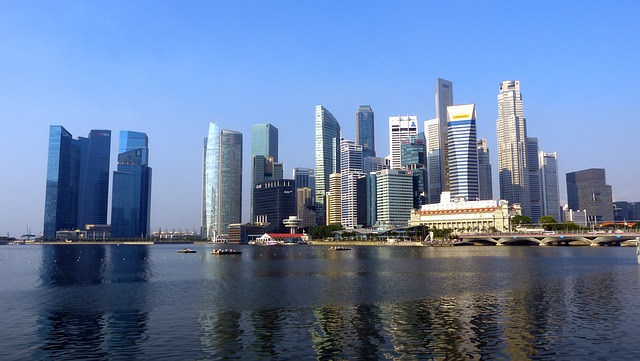December 2, 2022
The Economist Intelligence Unit (EIU) has once again placed Singapore as the most expensive city to live in, sharing the top spot with New York City this year.
Singapore has been at the top of the list for eight out of the last ten years. Due to higher inflation and stronger currencies, Singapore and New York City both overtook Tel Aviv to take third place, according to the EIU’s latest Worldwide Cost of Living survey of 172 cities.
According to the survey, which used data from a survey the company performed between August 16 and September 16, the average price of goods in local currency increased by 8.1% this year. This is higher than the 3.5% price increase that the EIU’s 2021 study reported.
According to Upasana Dutt, head of Worldwide Cost of Living at EIU, the Russia-Ukraine war and supply chain disruptions caused by China’s zero-covid policy were the two main causes of higher inflation this year.
“These two put a lot more strain on people’s capacity to obtain things and the availability of products that meet their very basic needs. The two of these then drove inflation globally, she continued.
The research and analysis company discovered that gasoline had the largest price hike. The cost of gasoline increased by 22% on average over the previous year.
According to Dutt, oil prices have reached “one of the highest levels we’ve ever recorded in the history of our data collection” and have been “very, very extreme.”
Due to the ongoingly high inflation, the U.S. Federal Reserve has increased interest rates by 375 basis points so far this year. A lower rate increase may occur in December.
The U.S. dollar has risen significantly as a result, increasing the price of goods.
New York is the first city to be included on this list. Therefore, it is quite unusual for the U.S. dollar to strengthen this much and reach its current level, according to Dutt.
No one was surprised when Singapore finished first.
Due to stringent government restrictions on the number of cars, the nation “has the highest travel costs in the world. Due to its performance as a top destination for business investment, it is also one of the most costly cities for clothing, alcohol, and tobacco, according to the research.
According to Dutt, the city is “very much where it has always been” after sharing the second place with Paris the previous year.
Cities in nations whose currencies declined this year were among those whose ranks dropped.
Osaka, Japan, has fallen from 10th place in 2021 to 43rd place in terms of cost of living. According to EIU data, Busan, South Korea, dropped 25 positions from previous year and is now 106th.
The report stated that “while local-currency inflation in these countries is fairly subdued, Japan and South Korea have also experienced currency depreciation; this has pushed down the indices for Tokyo and Seoul compared with New York.”
The two cities with the highest gains, according to the study, were Moscow and St. Petersburg in Russia, which both climbed 88 and 70 positions, respectively. St. Petersburg is currently in 73rd place, while Moscow is in 36th.
The local currency’s value is being supported by capital controls, import restrictions, and the conversion of European gas payments into rubles, according to EIU.
Additionally, Dutt said that Russia’s “very high” inflation was a result of Western sanctions on that country.
Here are the world’s most expensive cities to live in, according to the EIU’s 2022 Worldwide Cost of Living survey.
1. TIE — Singapore
1. TIE — New York
3. Tel Aviv
4. TIE — Hong Kong
4. TIE — Los Angeles
6. Zurich
7. Geneva
8. San Francisco
9. Paris
10. TIE — Copenhagen
10. TIE — Sydney
Source: CNBC
Legal Notice: The information in this article is intended for information purposes only. It is not intended for professional information purposes specific to a person or an institution. Every institution has different requirements because of its own circumstances even though they bear a resemblance to each other. Consequently, it is your interest to consult on an expert before taking a decision based on information stated in this article and putting into practice. Neither Karen Audit nor related person or institutions are not responsible for any damages or losses that might occur in consequence of the use of the information in this article by private or formal, real or legal person and institutions.






